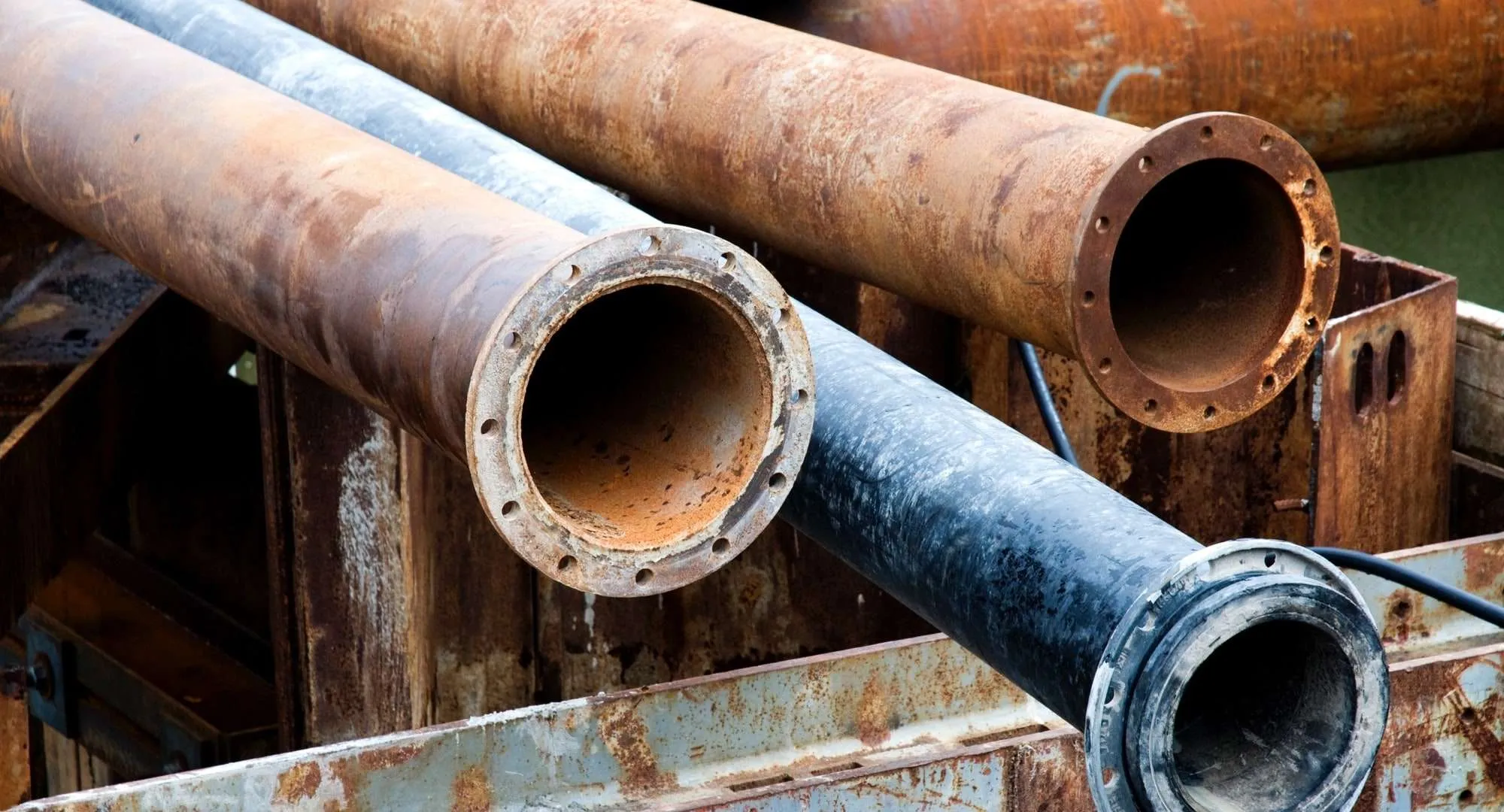Detroit has received $75 million in federal funding from President Biden’s American Rescue Plan (ARPA) for an ambitious plan to speed up removal of lead service lines across the city. When combined with $25 million in state funds, the city now has $100 million – enough money to replace at least 15,000 lead pipes over three years. That is a dramatic increase from its current pace of 700 replacements a year.
The city started replacing the lines in 2018, but there are still an estimated 80,000 homes with lead service lines. Replacing a single lead service line can run between $8,000 and $10,000 – too pricey for many Detroit homeowners. Thanks to the federal funds, the city can accelerate the rate of replacement and cover associated costs by more than 1,300 percent.
“It’s a game-changer. First of all, we have a level of poverty that will not allow homeowners to pay to have this done. These are private lines for the most part. So, we’re going to do it at our costs,” Gary Brown from the Detroit Water and Sewerage Department told WXYZ.
The amount of lead in Detroit’s drinking water is still below the federal government’s threshold for mandatory corrective measures. However, many homes built before 1945 still have lead pipes that need replacing. Lead service lines bring drinking water from the public water main that runs under the street into people’s homes and businesses. When these lead pipes or the water treatment process that preserves the pipes fail, lead can seep into the drinking water supply.
Lead poses serious health risks, including irreversible damage to the nervous system and brain that can lead to developmental disabilities and lower IQs in children. Adults exposed to lead can develop high blood pressure or diabetes.
President Biden’s American Rescue Plan (ARPA) included billions for lead removal programs nationwide. In the aftermath of the Flint water crisis, Michigan adopted some of the toughest lead safety rules in the country including a requirement that all lead service lines be replaced by 2038. Now, the Environmental Protection Agency has announced that cities nationwide must replace all remaining lead service lines in 10 years. Thanks to the ARPA funds, Detroit is now ahead of the curve on meeting that deadline.
Three Things to Know:
- Detroit secured $100 million (comprising $75 million in federal funding and $25 million from the state) to expedite the removal of 15,000 lead pipes over three years, a significant leap from the current annual pace of 700 replacements.
- Lead service lines, prevalent in homes built before 1945, pose serious health risks such as developmental disabilities in children and high blood pressure or diabetes in adults; the project aims to mitigate these risks.
- The funding for this project is part of President Biden’s American Rescue Plan, and it puts Detroit on track to meet the Environmental Protection Agency’s national deadline to replace all lead service lines within 10 years, significantly ahead of Michigan’s 2038 deadline.





